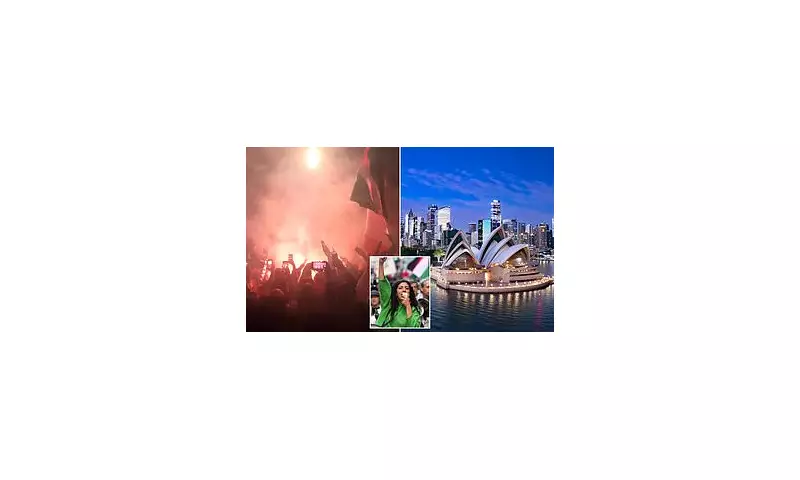
In a landmark decision that has ignited fierce debate across Australia, the New South Wales Supreme Court has issued an injunction blocking a major pro-Palestine demonstration planned for the iconic Sydney Opera House.
Court Intervention Over Security Fears
The ruling came after police authorities raised significant concerns about public safety and potential disruption to one of Australia's most recognisable landmarks. Justice Desmond Fagan granted the injunction following urgent applications from law enforcement, who argued the protest posed unacceptable risks to both participants and the general public.
Protest Organisers Vow to Continue Fight
Organisers from the Palestine Action Group had planned what they described as a "peaceful demonstration" to draw attention to the ongoing conflict in Gaza. The group expressed deep disappointment with the court's decision, claiming it represents an erosion of democratic rights to peaceful assembly.
"This ruling sets a dangerous precedent for free speech in Australia," a spokesperson for the organisers stated. "We will explore all legal avenues to challenge this decision while ensuring our message continues to be heard through alternative means."
Police Welcome Decision
New South Wales Police Commissioner Karen Webb praised the court's ruling, emphasising that while the right to protest is respected, public safety must remain the paramount consideration.
"We have a responsibility to ensure that all events in public spaces can be conducted safely," Commissioner Webb stated. "The scale and nature of this planned protest presented genuine concerns that we could not ignore."
Broader Implications for Public Demonstrations
Legal experts suggest this case could have far-reaching consequences for future protest movements across Australia. The ruling comes amid increasing scrutiny of public demonstrations and their impact on essential services and iconic locations.
Civil liberties groups have expressed alarm at what they describe as a growing trend of protest restrictions, while authorities maintain that reasonable limitations are necessary to balance competing rights and ensure public order.
What Happens Next?
The Palestine Action Group is considering its legal options, including potential appeals. Meanwhile, alternative forms of protest are being organised that comply with current restrictions, including smaller gatherings and digital campaigns.
The case continues to spark vigorous discussion about where to draw the line between protecting free speech and ensuring public safety in a democratic society.






